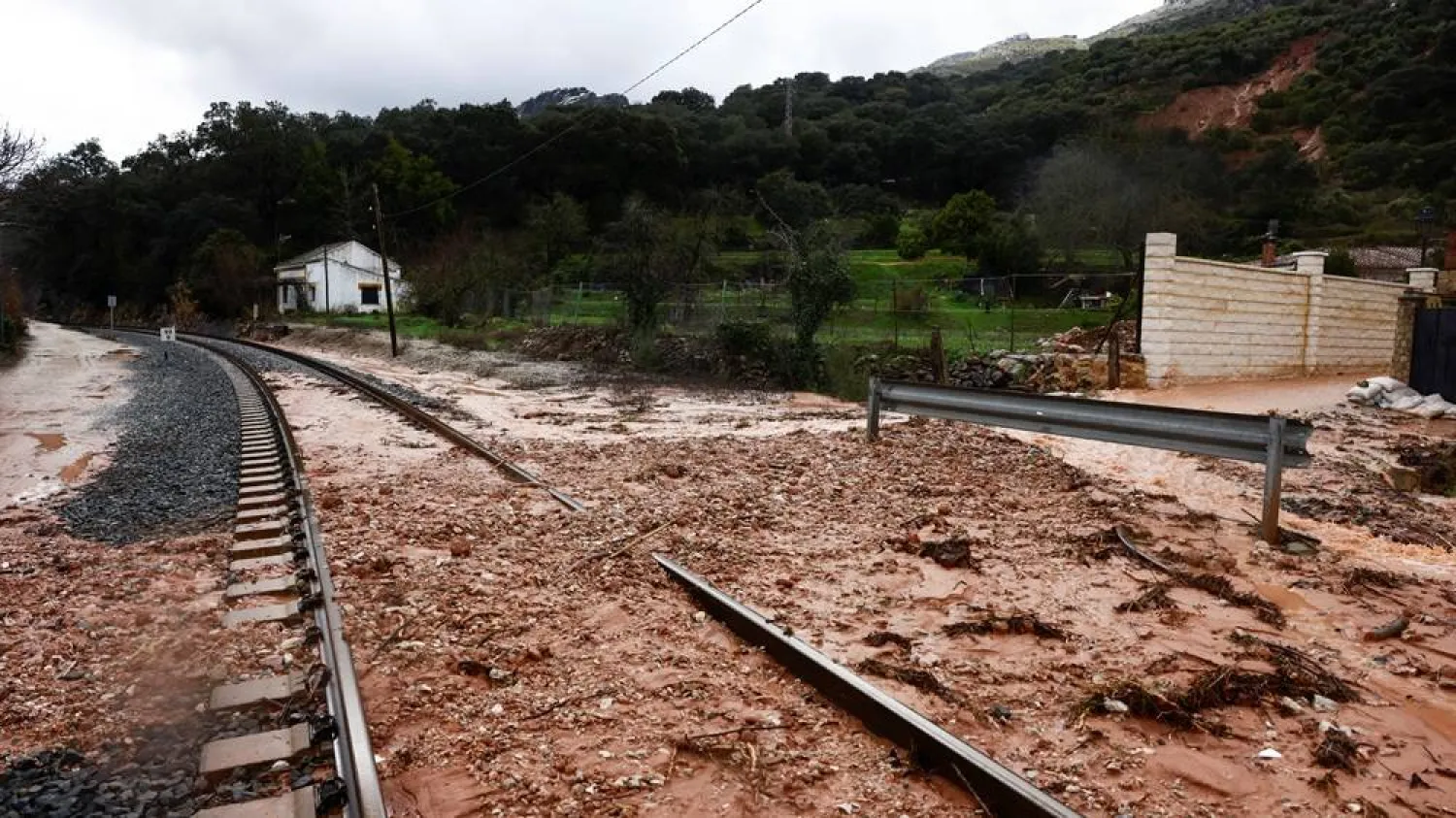Far from the hustle and bustle of major cities, young Iraqis are increasingly taking advantage of a renewed sense of safety to explore the country's serene desert getaways.
Sheltering amidst the golden dunes, Ghadanfar Abdallah and his friends gather around a flickering campfire in the Samawah desert south of the capital, humming tunes, laughing and eating, AFP said.
"When we post pictures, people do not believe that there are such places like the dunes in Iraq," the 35-year-old oil sector worker said.
"My friends ask me if the pictures were taken in Dubai. They are shocked when they learn that they were, in fact, in Iraq."
For years, only the most intrepid of hikers and campers would brave the trips into Iraq's desert. But with the rise of social media and a period of relative stability, it has become a popular destination for those seeking not only adventure and off-roading but also tranquility in the vast, barren landscape.
"It is something I loved since I was a little boy. But I only started doing it with friends in the winter of 2018 or 2019," Abdallah said.
He crossed 200 kilometers (125 miles) from his southern city of Basra to reach an area untouched by the trappings of urban life -- including phone networks.
On a crisp winter weekend, around 20 campers set up their tents amid the serene dunes. The air filled with the aroma of carp grilling over a smoky wood fire, as the hikers prepared to feast on Iraq's national dish, masgouf.
Later, some played dominoes while others bickered over heated games of backgammon, sipping hot cups of tea and smoking hookahs (water pipe). Their voices resonated with traditional Iraqi songs, their laughter piercing the still desert night.
- 'It is safe' –
Abdallah said such desert expeditions have "become more widespread, and today many stores sell camping gear.
"Some are starting to realize that it is safe, it is an adventure."
But for many, the lingering sense of danger remains.
Iraq has been ravaged by successive years of conflict since the 2003 US-led invasion, including most recently the fight against the ISIS group.
Though the militants were driven out of their major strongholds in late 2017, many retreated into desert hideouts, largely in the country's west, from where they still sporadically -- though with increasing rarity -- stage deadly attacks.
"How can someone go to a desert where there is no water or mobile network? If something happens, how would you report it?" Abdallah said.
Iraq's soaring summer temperatures -- often surpassing 50 degrees Celsius (120 Fahrenheit) -- mean these arid adventures are limited to wintertime.
A weekend getaway costs between $75 and $100 per person, covering food, transportation and accommodation. A single trip can bring together a group of up to 30 people.
For Hussein al-Jazairi, the journey is worth every penny.
"The city is full of dust, noise and daily annoyances," the 34-year-old influencer said during his first desert camping trip.
"One can come here, where it is quiet, serene, and there is fresh air."
Jazairi is often glued to his phone, scrolling through his social media accounts. But his recent trip to the Samawah desert proved to be a completely different experience.
"Social media is my work. I receive non-stop notifications. By the end of the day, I have spent a very long time on my phone," Jazairi said.
"Here, there is no network. It has been two days, and my phone's battery is still 70 percent. I haven't used it."
- 'Not a sound' –
While Jazairi encourages people to explore the country's vast sandhills, he warns that "one should not go alone, especially for the first time".
"We came with experts who know the places around."
Iraq's deserts have long attracted hunters, both locals and visitors from neighboring countries, before the years of conflict drove them away.
Today, campers still need to remain vigilant, as some areas are still riddled with mines.
"We don't start any trip without first identifying where we will sleep," said Murad al-Bahadli, a camper with over eight years of experience.
"We plan carefully to avoid any security risk," the 38-year-old added.
Yet the placid desert nights are a far cry from the years of turmoil, and for many their lure is irresistible.
Among those is Ravshan Mokhtarov, an Uzbek who has been living in Basra for six years.
"This area is unique. There is no one, not even a sound," the young man said, expressing gratitude for "Iraqi hospitality".
"It is pretty much safe. I don't feel any danger."
Years Removed from War, Iraqis Seek New Desert Escapades

For years, only the most intrepid of hikers and campers would brave the trips into Iraq's desert. Hussein FALEH / AFP

Years Removed from War, Iraqis Seek New Desert Escapades

For years, only the most intrepid of hikers and campers would brave the trips into Iraq's desert. Hussein FALEH / AFP
لم تشترك بعد
انشئ حساباً خاصاً بك لتحصل على أخبار مخصصة لك ولتتمتع بخاصية حفظ المقالات وتتلقى نشراتنا البريدية المتنوعة







